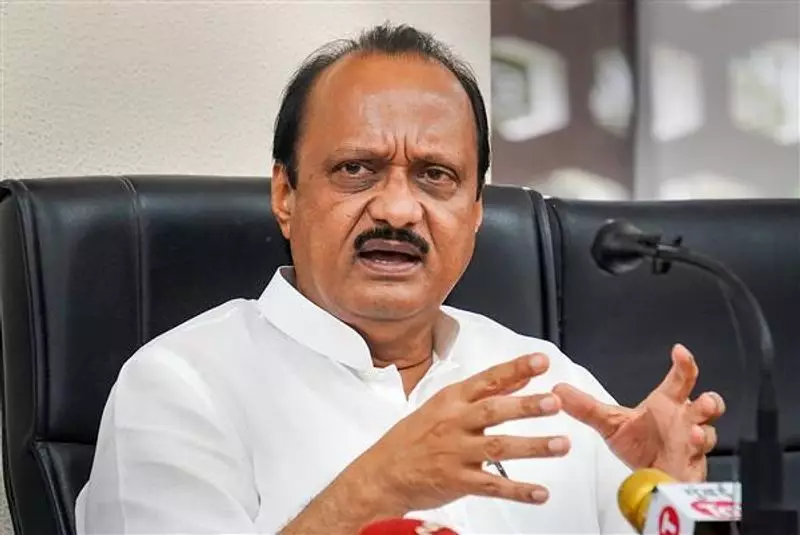
The Maharashtra government has ignited a political firestorm by ordering a comprehensive investigation into a massive Rs 300 crore land deal in Pune that involves Deputy Chief Minister Ajit Pawar's son, Parth Pawar. The controversy has sent shockwaves through political circles and raised serious questions about transparency in high-value real estate transactions.
Official Suspended Amid Growing Controversy
In a significant development, the state government has suspended a senior official connected to the controversial deal. The suspension order came after preliminary findings suggested possible irregularities in the handling of the transaction, though specific details about the official's role remain undisclosed.
The Pune Property Under Scanner
The deal in question involves prime real estate property located in Pune's lucrative market, valued at approximately Rs 300 crore. Sources indicate that the transaction has drawn scrutiny due to its timing, valuation, and the involvement of politically connected individuals.
Political Repercussions and Public Reaction
The investigation order has triggered immediate political reactions, with opposition parties demanding a thorough and transparent probe. The case has become a focal point in the ongoing political discourse in Maharashtra, particularly given Ajit Pawar's prominent position in the state government.
What the Investigation Will Examine
- Valuation methods used for the property
- Documentation and approval processes
- Potential conflict of interest concerns
- Compliance with regulatory requirements
- Role of all parties involved in the transaction
Political analysts suggest this development could have significant implications for Maharashtra's ruling coalition, especially as the state prepares for upcoming electoral battles. The opposition has already begun leveraging the situation to question the government's commitment to anti-corruption measures.
The state government has assured that the investigation will be conducted with complete transparency and that appropriate action will be taken based on the findings. However, critics remain skeptical, calling for an independent probe to ensure impartiality.
This case highlights the ongoing challenges in regulating high-value real estate transactions and maintaining transparency in dealings involving politically exposed persons. The outcome of the investigation is being closely watched by both political observers and the general public alike.





